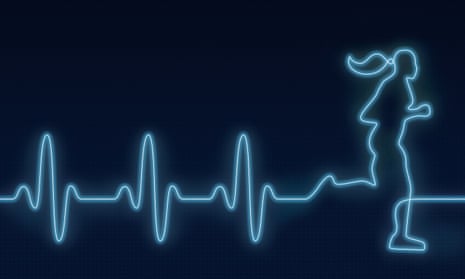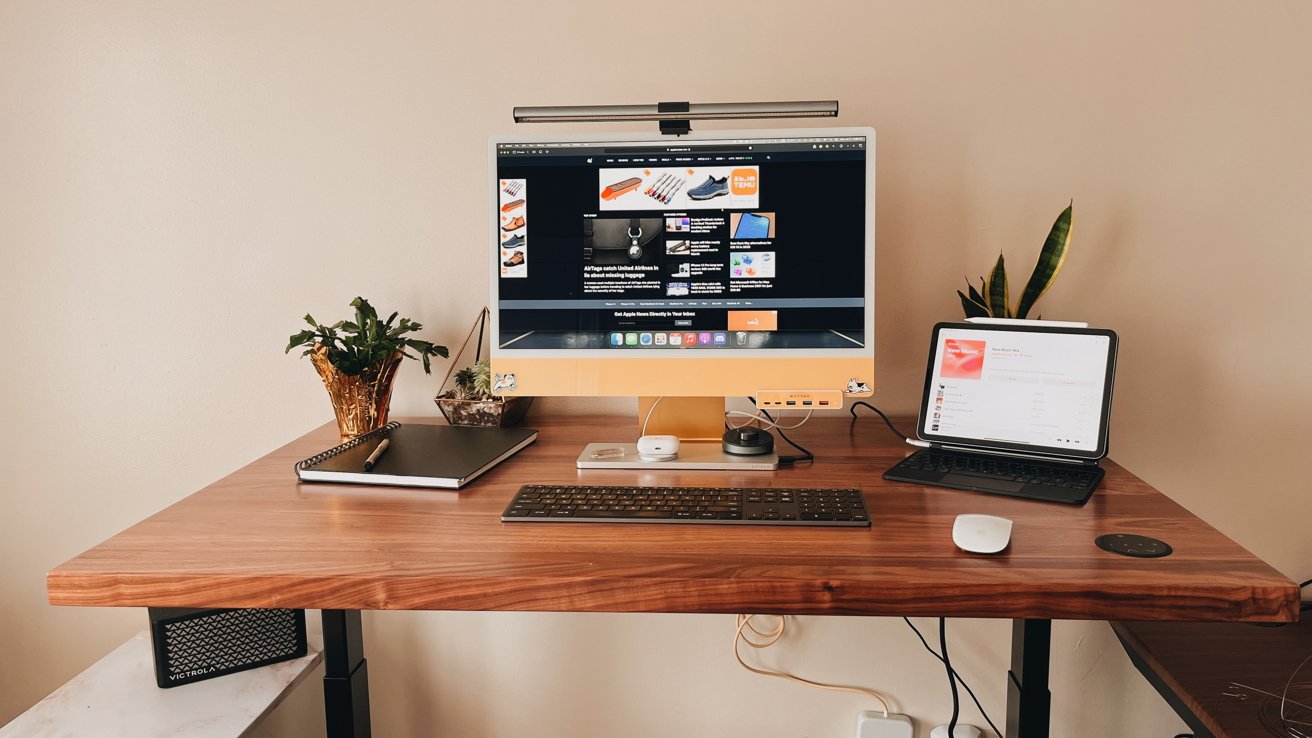Gathering data used to be a fringe pursuit of Silicon Valley nerds. Now we’re all at it, recording everything from menstrual cycles and mobility to toothbrushing and time spent in daylight. Is this just narcissism redesigned for the big tech age?. I first heard about my friend Adam’s curious new habit in a busy pub. He said he’d been doing it for over a year, but had never spoken to anyone about it before. He had a furtive look around, then took out his phone and showed me the product of his burning obsession: a spreadsheet.
![[Illustration of a heart beat on a monitor but in the shape of a shoe and an apple]](https://i.guim.co.uk/img/media/6ead173b6776b5b700a7856216c045c864d3f80b/306_0_2792_766/master/2792.jpg?width=445&dpr=1&s=none&crop=none)
This was not a record of his annual tax return or numbers he was crunching for work (Adam is a data scientist). Instead, it was a spreadsheet recording the minutiae of his life, with dozens of columns tracking every element of his daily routine. It all started, he told me, because of a recurring argument with his boyfriend. His partner didn’t think they spent enough time together, but Adam thought that they did. There was only one way to settle this, he decided: cold, hard data. So he began keeping a note of the days they saw each other and the days they didn’t.
![[Illustration of a heart beat on a monitor ut in the shape of a mouth, a foetus in a womb and a crescent moon]](https://i.guim.co.uk/img/media/6ead173b6776b5b700a7856216c045c864d3f80b/2619_0_3656_766/master/3656.jpg?width=445&dpr=1&s=none&crop=none)
“It started with just that one element,” he told me, “but then you’re like, is there more stuff to track?” The spreadsheet expanded; soon, he was tracking his sleep, social engagements, exercise regime and cultural intake. He even started to record, on a scale of one to eight, how much cheese he had eaten that day (it’s worth pointing out here that Adam is French – I can only imagine the carnage of a day that notches up the maximum eight out of eight on the cheese scale).
While gathering data about our lives might once have been a fringe pursuit for Silicon Valley tech nerds, now it’s just an everyday activity for many of us. We track our step counts, calories consumed, exercise completed, menstrual cycle or hours slept. We list books we’ve read on Goodreads, our top films on Letterboxd, or share our most-played music via the data presented by Spotify Wrapped.
Today an average smartphone has a host of self‑tracking tools built in – the iPhone Health function can help you keep track of your mood, mobility and nutrition, but also sexual activity, toothbrushing and time spent in daylight. Then there are the tracking tools: smartwatches on wrists, smart rings on fingers, Zoe glucose monitoring patches on arms, fitness trackers turning every step of that parkrun into thousands of data points. The latest is a £210 device that promises to monitor blood pressure, 24/7. In a recent YouGov poll, almost 40% of Britons surveyed said that they own a wearable device.
Beneath all this is a promise: understand your life better with data, and you can improve it. The idea is seductive, especially when tech companies offer tools that they say will make it easy. But can a human life be reduced to a dataset? Can a body be tuned up like a machine? Or is this explosion of self‑tracking simply narcissism redesigned for the age of big data, by a society that has internalised the tech industry maxim that more data is always better?.
To investigate self-tracking, it felt only right to conduct my own experiment. Over three months, I tracked 15 variables about my life every day, recording my sleep, exercise and screen time, health complaints, spending, cultural consumption and social plans, and rating my mood and my work productivity out of 10. I mostly used a spreadsheet and my phone to record data, though I also included an Oura smart ring (which records sleep, heart rate, temperature and activity) in the mix halfway through the project.
The quest for self-knowledge is a story as old as time: in the 18th century, at the age of 20, Benjamin Franklin identified 13 essential values he wanted to cultivate, many of which seem very remote from the aspirations of today’s 20-year-olds. They were temperance, silence, order, resolution, frugality, industry, sincerity, justice, moderation, cleanliness, tranquillity, chastity and humility. Dividing the day into six time periods, Franklin put a black mark in his notebook each time he violated a virtue.
Reflecting on the process later in life, he decided that it had been helpful, writing in his autobiography: “Though I never arrived at the perfection I had been so ambitious of obtaining, but fell far short of it, yet I was, by the endeavour, a better and a happier man than I otherwise should have been if I had not attempted it.”.
Widespread self-tracking only became a realistic prospect for ordinary people in the early 2010s, when a confluence of new technologies including mobile data, wearable tech, GPS and biosensors significantly lowered the barriers to entry. A few years earlier, two editors for Wired magazine, Gary Wolf and Kevin Kelly, had coined the term “quantified self”. Data had transformed the worlds of economics, government, science and technology, they argued, so why not bring its power to bear on our bodies and daily lives? They fostered a community of artists, academics and early tech adopters who began to meet regularly in the Bay Area of California, before expanding into an international network. “The promise was that self-tracking could give us more ability to solve our problems and to answer our questions in daily life,” Wolf tells me.






























